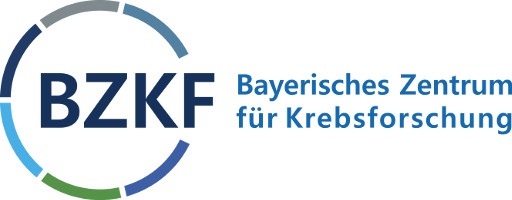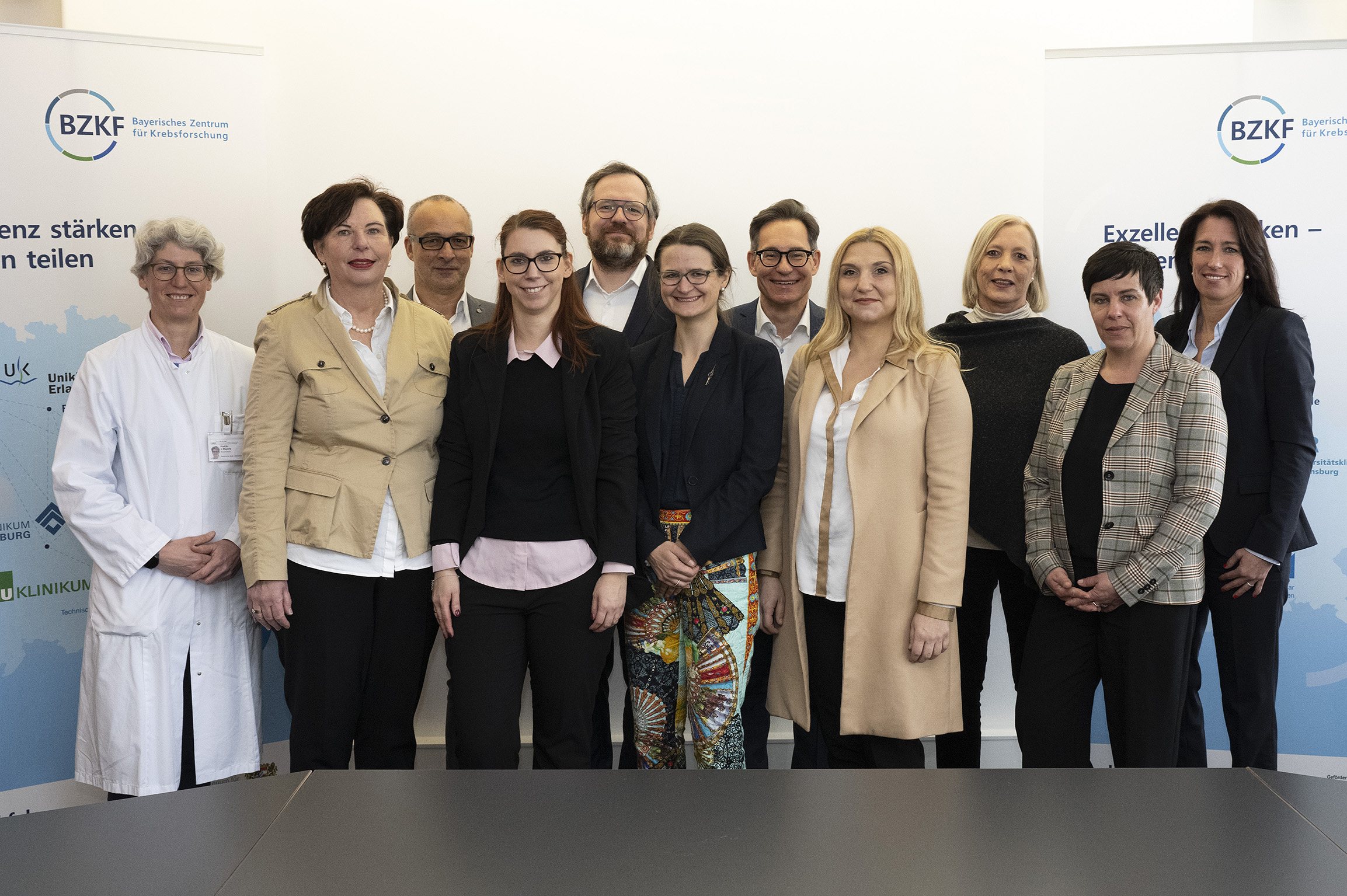Munich, March 06, 2023 On February 28, 2023, a working group of pharmaceutical companies with a focus on oncology and the Bavarian Cancer Research Center (BZKF) adopted a standardized contract template for clinical trials in oncology. The aim of this model contract, which has been agreed between the six Bavarian university hospitals and the participating industrial companies with a site in Bavaria, is to accelerate the conclusion of a contract for the performance of clinical studies and thus to increase the competitiveness of Bavaria as a research location. Above all, this is also intended to expand the range of studies available to patients. This milestone will significantly strengthen Bavaria as a location for conducting clinical studies.
Ms. Annette Dünninger, spokesperson for the participating pharmaceutical companies, states: “Germany is increasingly losing its attractiveness as a location for clinical trials. From 2nd place in the international comparison in 2016, Germany has now fallen back to 6th place in 2021. This is also due to the extensive contract negotiations, caused by increased regulatory requirements, the bureaucratic effort and data protection issues, as well as the more difficult patient recruitment in a territorial state like Bavaria.” The BZKF and the participating companies Amgen, Bristol Myers Squibb, Ipsen, MSD Sharp & Dohme, Novartis, Roche and Servier have set themselves the goal of significantly simplifying and accelerating the process of contract negotiations by creating the uniform BZKF contract template.
Prof. Andreas Mackensen, Director of the BZKF, explains: “The BZKF creates the conditions for excellent and patient-oriented cancer research in Bavaria. The uniform BZKF study contract template is an important cornerstone for a simplified and accelerated negotiation phase and thus a faster start of clinical studies at the six Bavarian university hospitals and universities. The goal is to establish a Bavaria-wide study network in cancer medicine from which all patients with tumor diseases in Bavaria will benefit.”
“By simplifying procedures, the BZKF should become an attractive scientific contact for the nationally and internationally researching pharmaceutical industry and manufacturers of medical devices. To achieve these common goals, the companies involved and the BZKF have drafted the model contract for clinical trials, which takes into account the different interests of all parties involved and enables faster contract conclusions. Interfaces to a wide variety of non-university institutions offer new opportunities for research projects and the implementation of innovations in cancer medicine, adds Prof. Julia Mayerle, head of the AMG/MPG (German Medicines Act / German Medical Devices Act) working group.”
“Over the past few months, we have managed to develop a model contract that simplifies negotiations for all parties involved in the study and can be further developed in the future. Previously, a separate study contract had to be drawn up with the university hospitals participating in the study in the BZKF before each contract was concluded. To date, this has been very time and resource consuming and has held up the start of a clinical trial enormously. On the initiative of the BZKF, our team of both university and industrial lawyers has succeeded in making an important contribution to improving the processes, confirms Dr. Albrecht Bender, member of the steering committee of the BZKF and commercial director of the University Hospital Erlangen.”
“Contract negotiations in particular lead to significant delays here in Germany when studies start. Other countries, such as Spain, are already far ahead of us in this respect, because there the clinics all use a model contract. This important project, with the goal of creating a uniform model contract, is a step in the right direction and would not have been possible without the extraordinarily good cooperation between the BZKF and the industry representatives. In the future, we will further expand our goals to make the contract available to other hospitals and pharmaceutical companies,” emphasizes Ms. Borislava Peric, who heads the project group on the industry side.
Bavarian Cancer Research Center (BZKF)
Since its foundation in November 2019, the Bavarian Cancer Research Center (BZKF) has been pursuing the major goal of providing all citizens in Bavaria with access to the best possible, latest and innovative therapies, regardless of where they live. The merger of the six Bavarian university hospitals in Augsburg, Erlangen, the two sites in Munich, Regensburg and Würzburg will not only promote cancer research, but also bundle expertise and knowledge on the topics of early detection, therapy and aftercare of tumor diseases, while at the same time offering those affected comprehensive and interdisciplinary care. “The goal of our center is to jointly bring innovative cancer therapies from basic research to preclinical testing to patients,” said Prof. Dr. Andreas Mackensen, director of the BZKF. “In addition to our goal of advancing cancer patient care in Bavaria, we also want to establish ourselves as a strong consortium that plays a critical role in the fight against cancer, both nationally and internationally,” Prof. Dr. Mackensen added. The PublicCancerHotline of the BZKF offers an uncomplicated opportunity to receive individual advice on all questions regarding cancer under the toll-free telephone number +49 (0) 800 85 100 80.
For more information, visit www.bzkf.de/studienregister/.
© Bert Woodward / LMU Klinikum Munich

